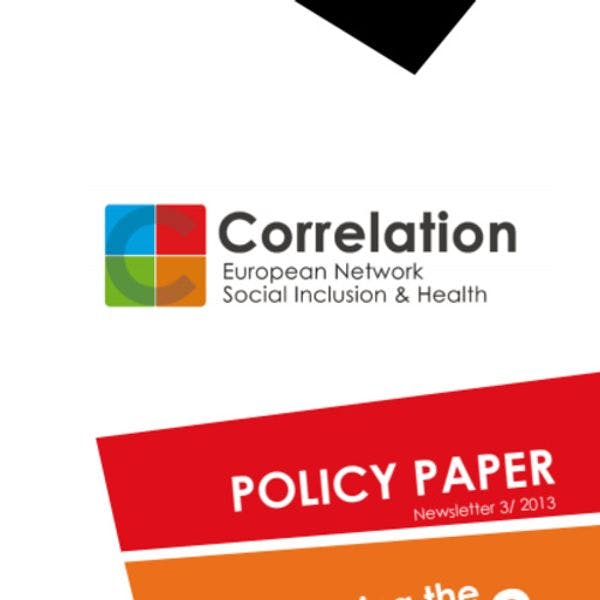Document politique: qui paie le prix de l'austérité?
Cette newsletter se concentre sur l’impact de la crise économique sur la santé publique dans l’Europe du Sud et du Sud Est.
Pour en savoir plus, veuillez lire les informations ci-dessous (en anglais).
Abonnez-vous à l'Alerte mensuelle de l'IDPC pour recevoir des informations relatives à la politique des drogues.
The economical crisis has a huge impact on the public health situation in most of the European countries. Severe budget cuts and austerity measures aimed at NGO’s and low threshold services strongly affect the social and health situation of marginalised and vulnerable groups.
This newsletter is devoted to this urgent issue and presents examples and reports from Correlation partners in South and South East Europe. Greece, for example, is in the middle of a public health disaster. To meet budget-deficit reduction targets set by the European Central Bank, European Commission, and International Monetary Fund (the so-called troika), Greece’s public health budget has been cut by more than 40%. As Greece’s health minister observed, “these aren’t cuts with a scalpel, but with a butchers knife.
The spending was reduced to 6% of GDP, a figure lower than the UK, at 8%, and Germany, at 9%.As a result, HIV infections have jumped by more than 200% since 2010, mainly affecting intravenous drug users, as needle-exchange programme budgets were cut in half.
Keep up-to-date with drug policy developments by subscribing to the IDPC Monthly Alert.
